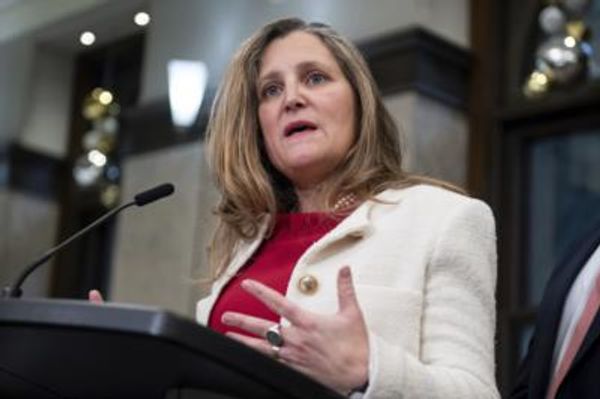
This spring’s elections are getting an unusual amount of advance publicity. The cause, regrettably, is not a great revival of enthusiasm for local government. It is that the results may decide if Boris Johnson stays as prime minister – if he has not already gone by then. But the contests are important for other reasons. Nowhere is this more true than in Northern Ireland, where the assembly is up for election on 5 May.
Since 1998, though with significant interruptions, Northern Ireland has been self-governing through power-sharing institutions agreed in the Good Friday agreement. The Northern Ireland executive has always been jointly led by the leaders of the largest parties in the assembly from the main rival traditions, unionist and nationalist, although there is now a growing non-sectarian tradition too.
It is increasingly possible, for the first time in 24 years, that a unionist party will not be the largest in the assembly this time. Instead, Sinn Féin is ahead in the polls. This reflects many things, including unionist divisions over the Brexit deal, infighting within the largest party the DUP, and nationalist dislike of Mr Johnson. But, if all this is confirmed in May, Sinn Féin will be entitled to nominate the new first minister. That outcome threatens a sectarian stand-off which Mr Johnson, if he is still in office, would be singularly badly equipped to resolve.
This forms the backdrop to a government U-turn at Westminster this week that was overshadowed by the leadership crisis. Yet the U-turn was significant. Last week, the Northern Ireland secretary, Brandon Lewis, proposed an amendment which would mean that, in place of the current ban, a Westminster MP would also be eligible to sit in the Northern Ireland assembly until the next general election. What this meant in practice was that things had been fixed so that Sir Jeffrey Donaldson, the DUP leader, could sit in the assembly without causing a Westminster byelection in his Lagan Valley constituency.
Mr Lewis’s plan caused outrage – some genuine, some confected – among Northern Ireland’s other parties, which had not been consulted about or consented to the change. In a political system dependent on compromise, and in which the UK government is a guarantor of fairness between the traditions, it was a stupid move. On Wednesday, with enough other crises on his plate already, Mr Johnson announced that the plan would be pulled.
Dual mandates, as they were once termed, used to have a place in UK politics. It was possible to sit both at Westminster and in a devolved parliament, and indeed in the European one too. In some cases it still is. Arguably this helped to bind the legislatures and the country together in some useful ways. Arguably it still could.
But double-jobbing, as it is now dubbed, is very unpopular, especially since the MPs’ expenses scandal caused public trust in politicians to collapse. The issue deserves more thought than it gets. But the partisan and piecemeal path chosen by Mr Lewis – glumly characteristic of the political manipulation that is too often the default option of this government – does absolutely nothing for it.







